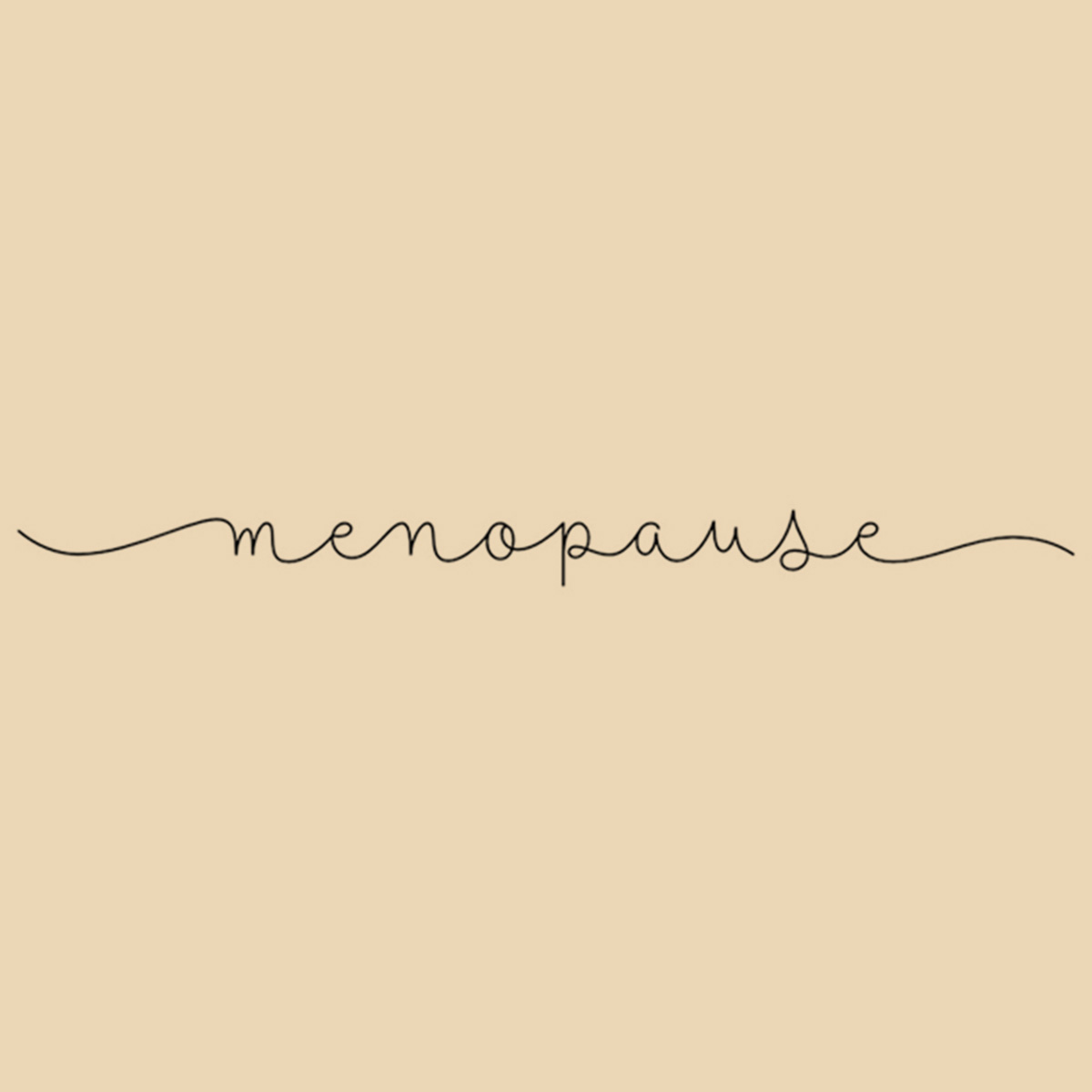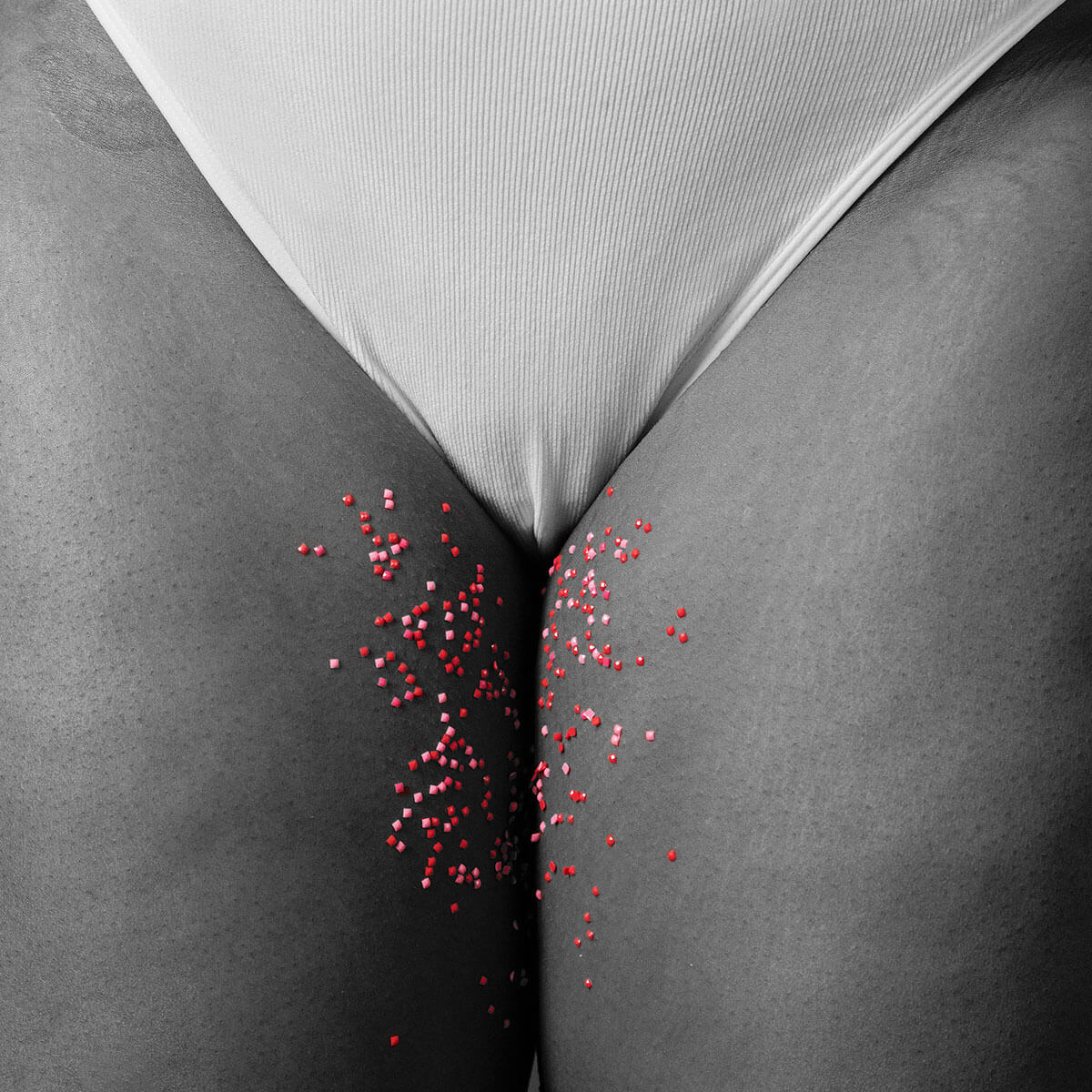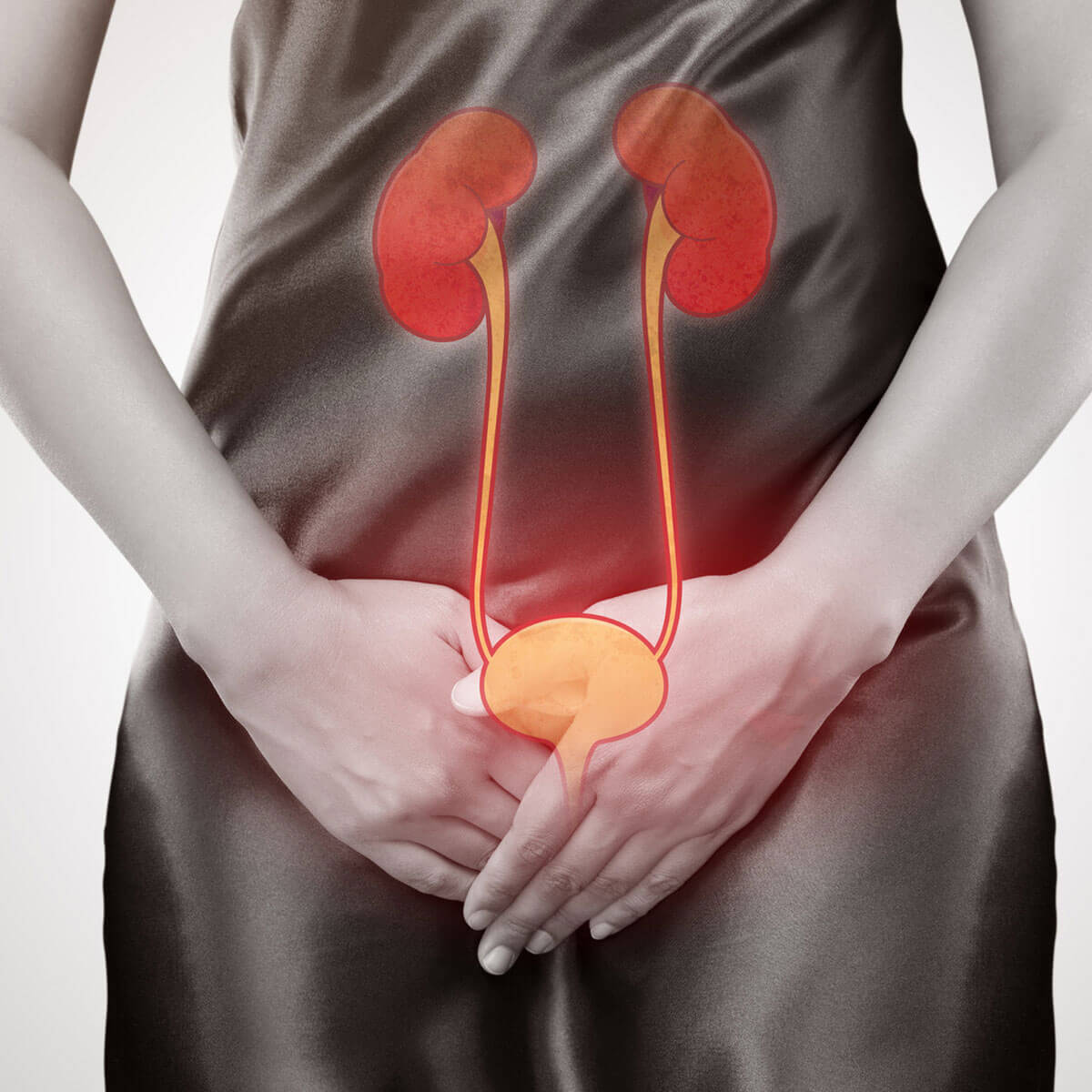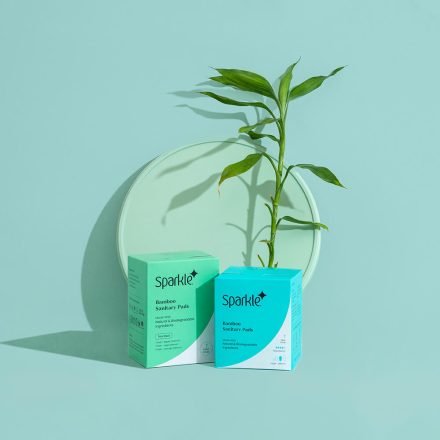Have you ever wondered why you sometimes feel inexplicably low or close to tears before or during your period? On the other hand, have you also observed yourself going through intense feelings of frustration, irritation, and overall crankiness during some cycles? Or do you fall into the category of having experienced a combination of all of the above feelings?
If your answers are yes, yes, and a resounding yes, you’re not alone in feeling this way. Almost every menstruator out there has gone through a semblance of the same. Why? It comes down to one simple fact – your physical body isn’t the only aspect going through the menstrual cycle; your mental health also follows a trajectory of its own.
How does it work?
You must be incredibly familiar with the physical elements of your menstrual cycle. They are tangible and vary across different degrees of painfulness (depending upon how your body processes its menstrual cycle). Common physical manifestations involve mild to excessive bleeding, breast tenderness, cramps, bloating, irregular bowel movements, body pain, so on and so forth. What you cannot see, is how your mental health also changes across different parts of your menstrual cycle. Read on to understand how your emotional wavering, mood swings, and spectrum of irritability is a result of hormonal/brain chemical changes and how it’s interwoven with your period:
Starting from scratch | 1-2 weeks before your period

Even before your period hits, hormonal changes start to make their presence known. It’s estimated that around 90% of menstruators experience premenstrual syndrome (PMS) at least a week or two before they begin their period. PMS is no stranger to most of us. It shows up when we least expect it, leaving us cranky, upset, nervous, anxious, and irritable enough to wreak chaos upon anyone who might get on our wrong side.
But why does PMS occur?
PMS symptoms typically start 5-11 days before menstruation. Even though the actual cause is unknown, many medical professionals believe PMS is directly linked to changes in both sex hormones and serotonin levels. Serotonin or the “happy chemical” resides in both your brain and gut which affects your mood, emotions, and thoughts. Low levels of this hormone can leave you feeling moody and irritable.
Phase 1: Menstrual Phase
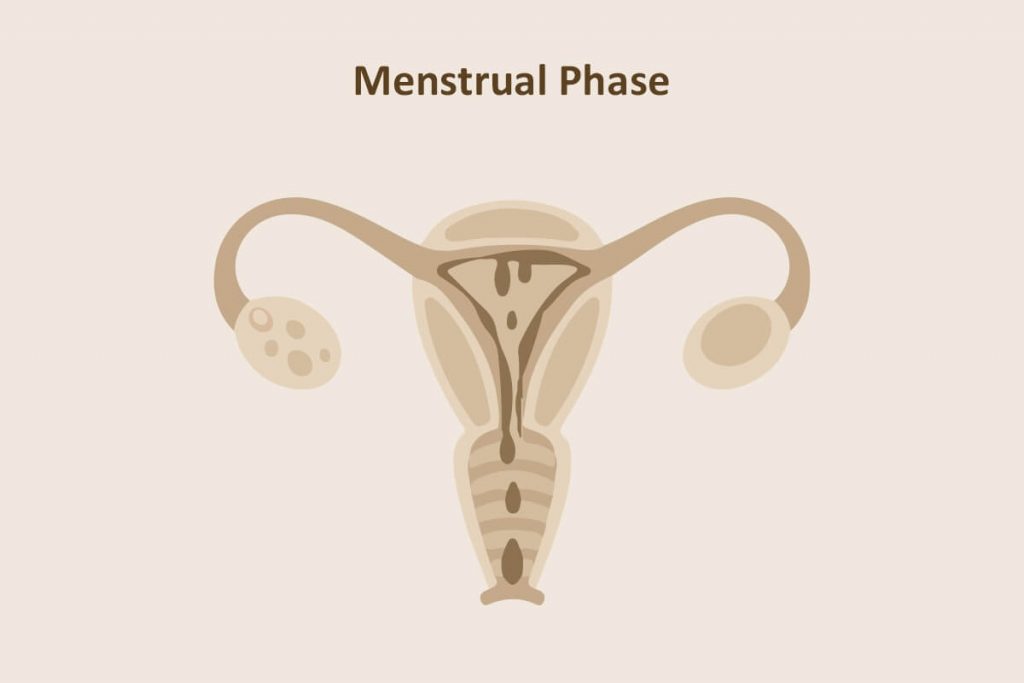
When you start your period, you start your menstrual cycle. At this point, your levels of estrogen and progesterone are low, which in turn, have an effect on the production of serotonin. As the prevalence of the “happy chemical” is on the lower end, your overall levels of satisfaction take a hit as well.
Phase 2: Follicular Phase
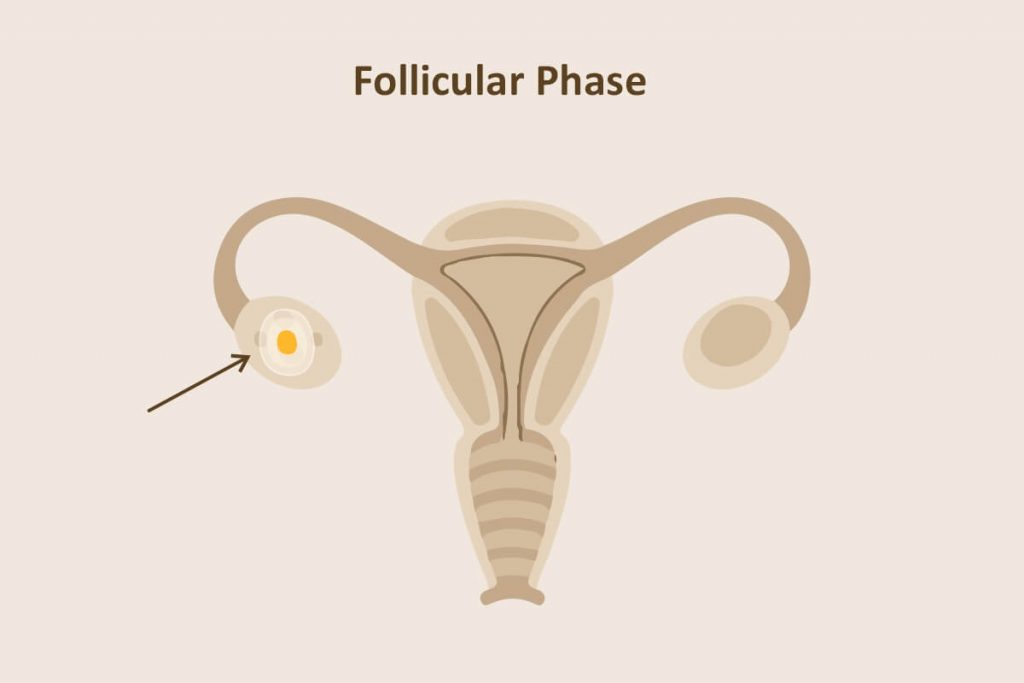
Even though this phase begins with the first day of your period, it lasts until ovulation. As your period ends, your body will start to rebuild the lining of the uterus for the release of the egg. This is where hormone levels begin to rise again. Mental health-wise, the estrogen and dopamine levels begin to rise as well, leading to a better mood, increased working memory, and full-on concentration.
Phase 3: Ovulation
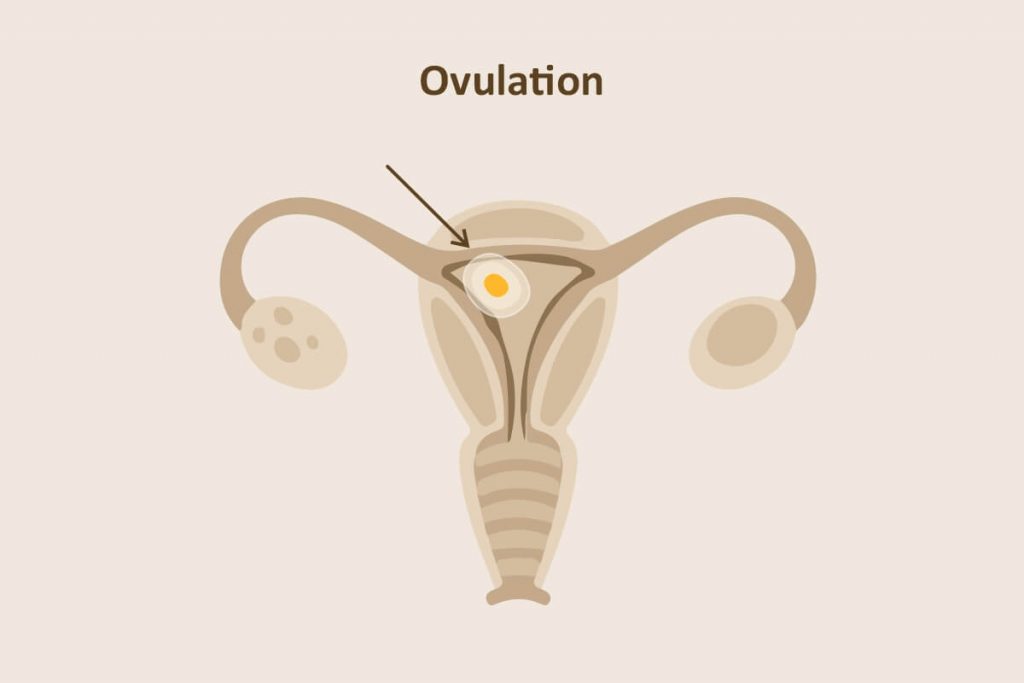
As your body prepares for ovulation right in the middle of the menstrual cycle, this is when your estrogen and dopamine levels peak. However, if the egg doesn’t get fertilised (ie., you don’t get pregnant), your hormone levels, as well as your dopamine levels, plummet rapidly and immediately – this can wreak havoc on your mental health. You might experience severe mood swings on top of the general stressors you might encounter on an everyday basis. For some people, the post-ovulation drop in estrogen can also lead to a corresponding drop in serotonin.
Phase 4: Luteal Phase
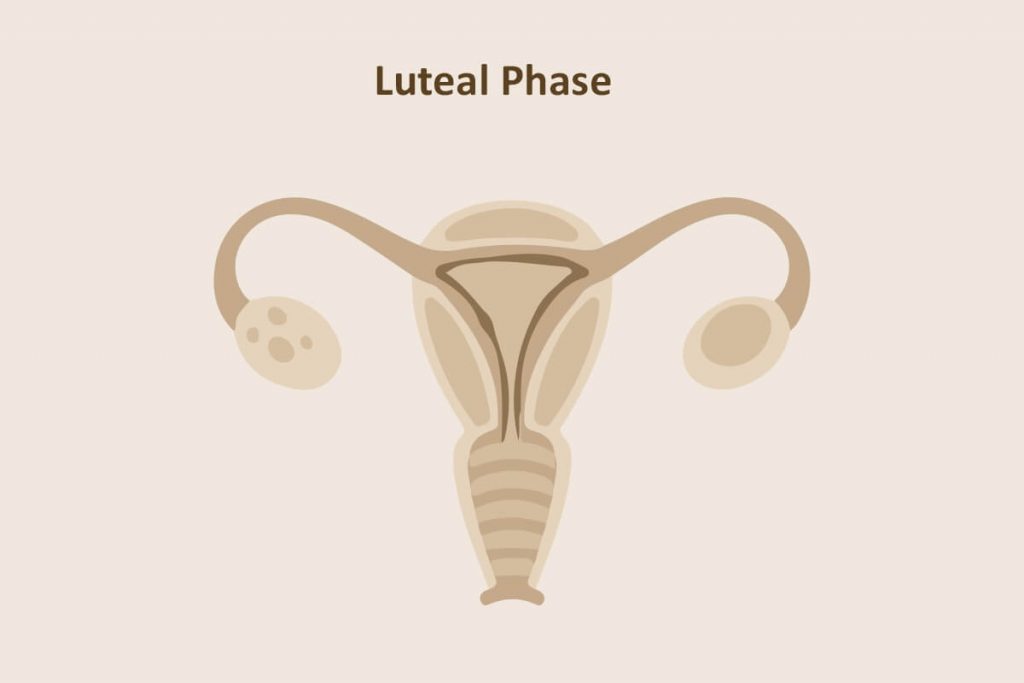
The phase that comes immediately after ovulation, the second half of your menstrual cycle, will involve a significant spike in progesterone levels, which will help the uterus ready itself for pregnancy. However, when the released egg goes unfertilised, the levels drop quickly, making way for the next period. Also, low progesterone, like low estrogen, can contribute to mood changes, including symptoms of depression.
So does it work the other way – does mental health affect your period?
It definitely does! While hormonal changes incurred during your menstrual cycle may affect your mental health, the state of your mental health can also affect your menstrual cycle and how it pans out. Stress plays a huge role in the same. Menstruators with high stress levels or stressful jobs have shorter menstrual cycles (sometimes lesser than 24 days, as opposed to the average cycle duration of 28 days).
How do you keep an active eye on changes in your menstrual cycle?
Typically, depression isn’t the end diagnosis for every menstruator experiencing low points in their mental health during their menstrual cycle. There are a lot of factors apart from hormonal changes that go into this such as genetics, biochemistry, etc. If you are worried about your mental health or feel that your cycle dates have noticeably shifted, it’s always a great idea to consult an OB-GYN or a psychiatrist before it can potentially deteriorate further.

